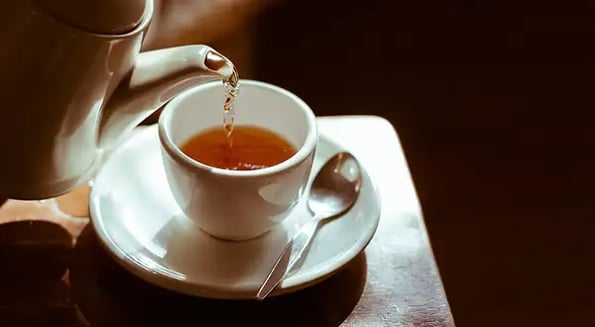The world leader in tea is thinking about pouring its cup of the business down the drain, according to The Wall Street Journal.

The consumer-goods behemoth Unilever sees a familiar story in your morning cup: Changing tastes and younger consumers mean a once-hot market is cooling off.
Unilever swallowed the global tea market, but it’s turned cold
It became the top tea purveyor in the 1970s and 80s, when it acquired Lipton and then Brooke Bond.
- But consumption declined as tea drinkers turned away from Lipton’s core variety: boring ol’ black tea.
- The company’s leaders say the tea business is about as big as the spreads division it sold in 2018 for $8B.
Did millennials kill chamomile?
They (sometimes unfairly) take the blame for murdering a bunch of beloved products: napkins, cereal… um, homeownership.
Unilever’s CEO, Alan Jope, trotted out a familiar argument: Younger drinkers want experiences, and a plain cup of Lipton doesn’t cut it.
Jope blamed another factor for tea’s demise: You can’t sell loose leaf like it’s gold leaf. Tea prices are so cheap that making extra fancy tea — the kind that might appeal to experience-thirsty millennials — is hard.

